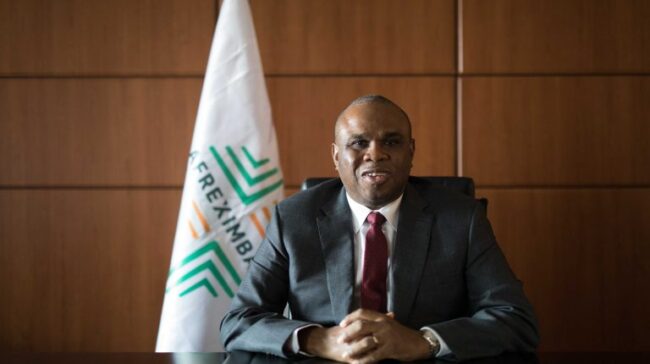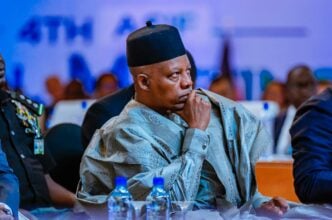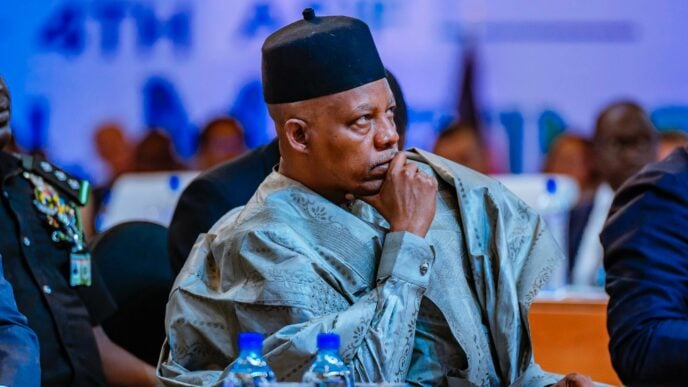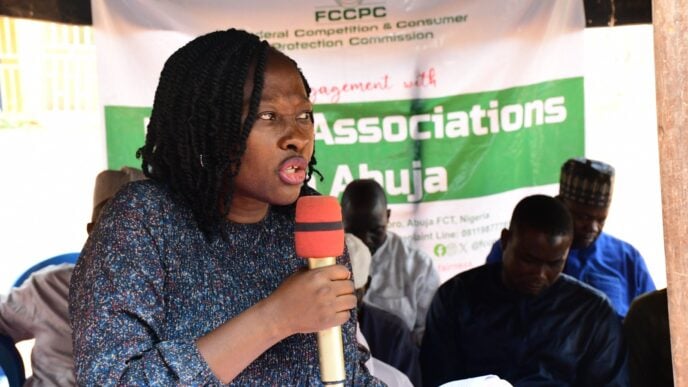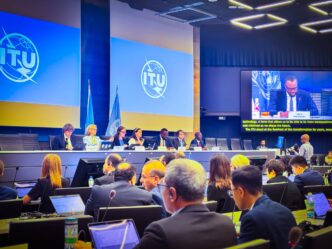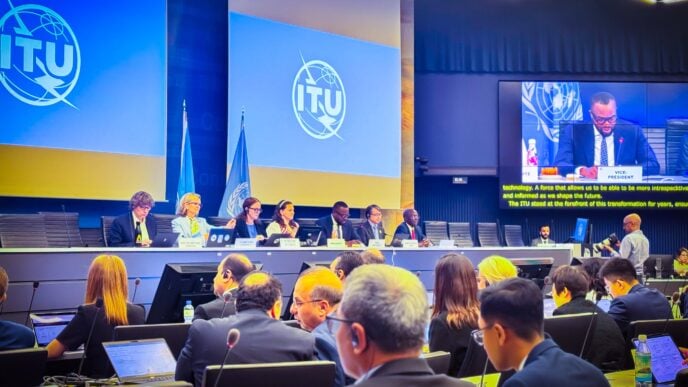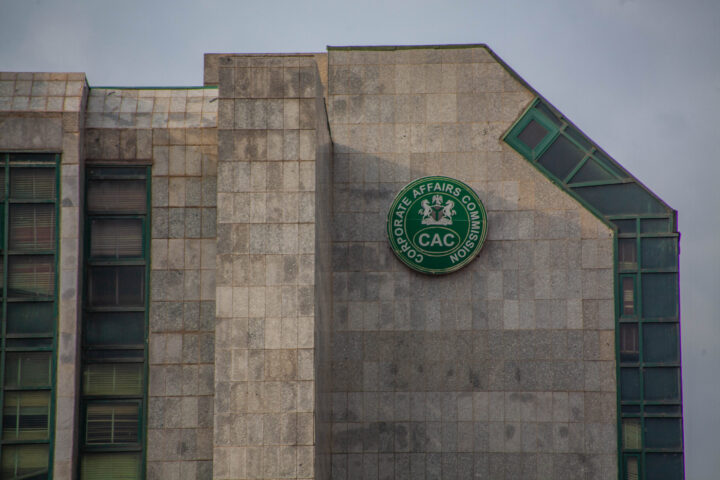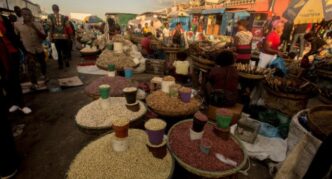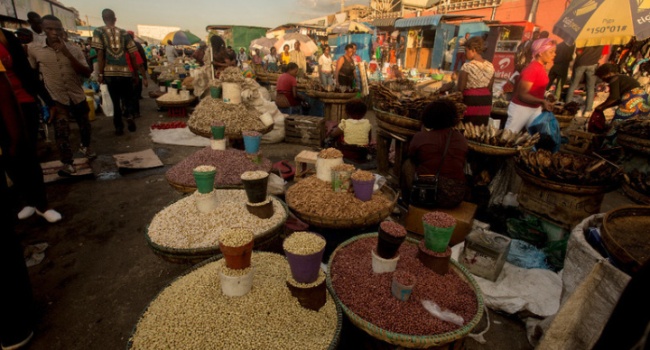Benedict Oramah
The African Export-Import Bank (Afreximbank) says Africa has bankable projects but lacks the resources to develop them.
Benedict Oramah, president and chairman of the board of directors at Afreximbank, spoke on Monday at the 4th annual meeting of the Africa sovereign investors forum (ASIF) in Abuja.
Oramah said the continent is brimming with viable opportunities in infrastructure, renewable energy, agriculture, and technology.
However, he said the region does not have the capacity to transform them into reality.
Advertisement
“Allow me to talk about this assumption that Africa lacks sufficient bankable or investment-ready projects, because this also demands close attention,” he said.
“The problem we have is not that we do not have bankable projects. The problem we have is that bankable projects exist, but we do not have the resources to develop them.
“Africa is brimming with potential in infrastructure, renewable energy, agriculture, technology, and other investment opportunities.”
Advertisement
Oramah said it is the responsibility of African governments, private sector players, and domestic financial institutions to prepare the projects, stressing that relying on external players to develop the projects is neither sustainable nor realistic.
“Africa’s sovereign wealth funds and pension funds can play a pivotal role, by innovatively creating a vehicle that will invest in project preparation, project development, building local capacity, and fostering partnerships with international financiers,” Oramah said.
‘WE HAVE THE CAPITAL BUT IT’S OUTSIDE AFRICA’
The Afreximbank chair said Africa has significant capital to finance its development and trade.
Advertisement
Oramah, however, lamented that much of this capital is invested abroad, driven by outdated perceptions and policies that favour foreign markets over local development.
“Africa’s sovereign wealth fund collectively manage about $100 billion in assets and which grow from year to year. By modest, by global benchmarks, the figure becomes immensely significant if we consider that they constitute about 150 percent of the annual FDI flows to Africa in recent years,” he said.
“Our pension funds hold a staggering $600 billion across key markets, especially Nigeria, South Africa, and Kenya and add to this, the $100 billion in annual diaspora remittances and the truth becomes undeniable. Africa possesses significant capital to finance development and trade.
“The real problem is that most of these funds, including about $400 billion in foreign exchange reserves, headed by African central banks, are stashed outside of Africa based on neo-colonial ideas embedded in our minds and which filter into the policies of these institutions that our assets are safer with others than with ourselves.”
Advertisement
He urged African sovereign wealth funds to evolve beyond being mere custodians of surplus capital and take on more strategic roles — mobilising, de-risking, and syndicating capital for industrialisation, regional integration, and wealth creation.
Oramah also called for a recalibration of risk assessment in African markets.
Advertisement
“The perception that African investments are inherently riskier than those in other regions often drives our funds to allocate significant portions of their capital in foreign markets,” he said.
“While concerns about political instability, currency fluctuations, and governance may be valid, the actual risks in many African markets are often overstated or, at best, disproportionately viewed.”
Advertisement
He said investing a significant share of sovereign and pension funds at home could help mitigate those risks by strengthening domestic economies and building investor confidence.
According to Oramah, when African funds continue to favour offshore investments, they reinforce the narrative that local markets are too risky —discouraging both local and international investors.
Advertisement
He also encouraged collaboration with multilateral institutions such as Afreximbank, Africa Finance Corporation (AFC), and the Trade and Development Bank (TDB), along with improved transparency and risk-management strategies to make African investments more attractive.
